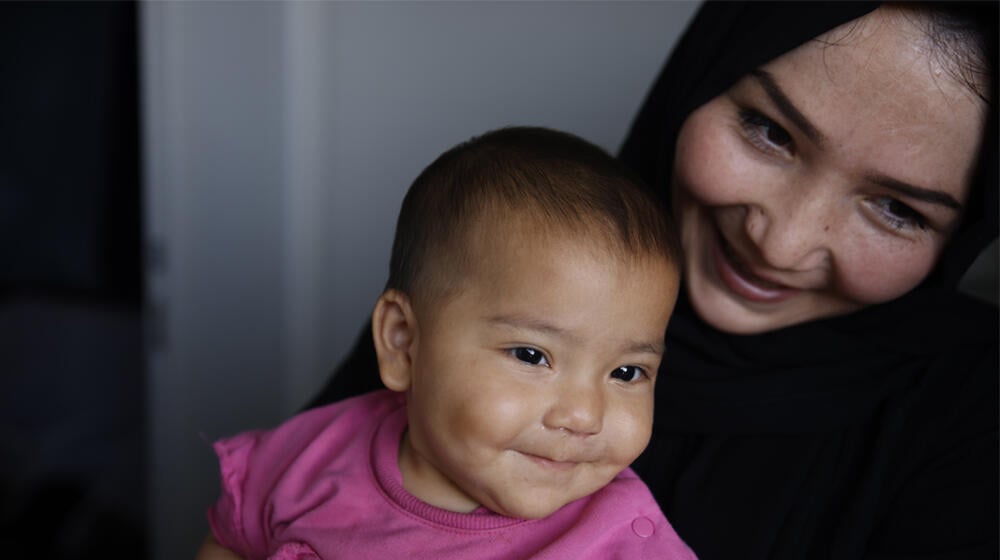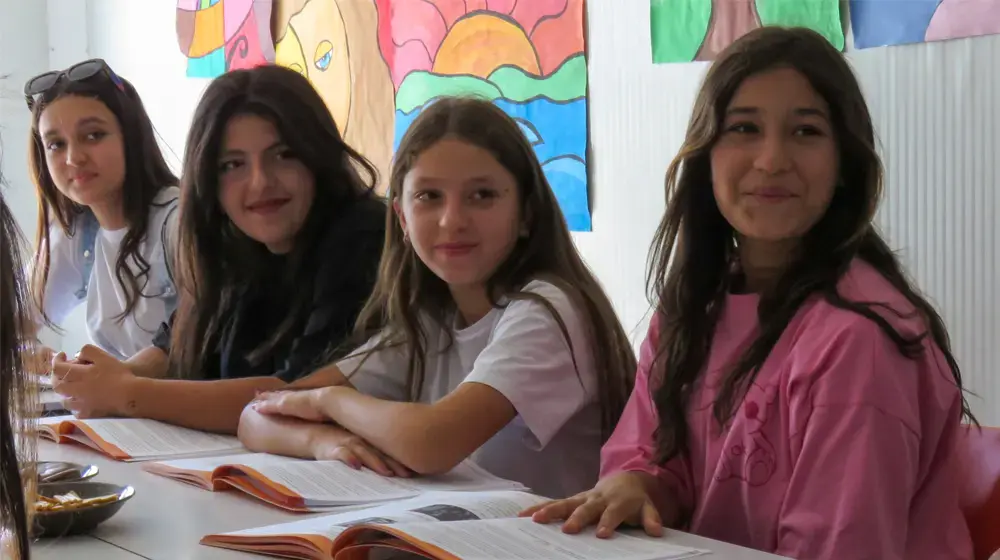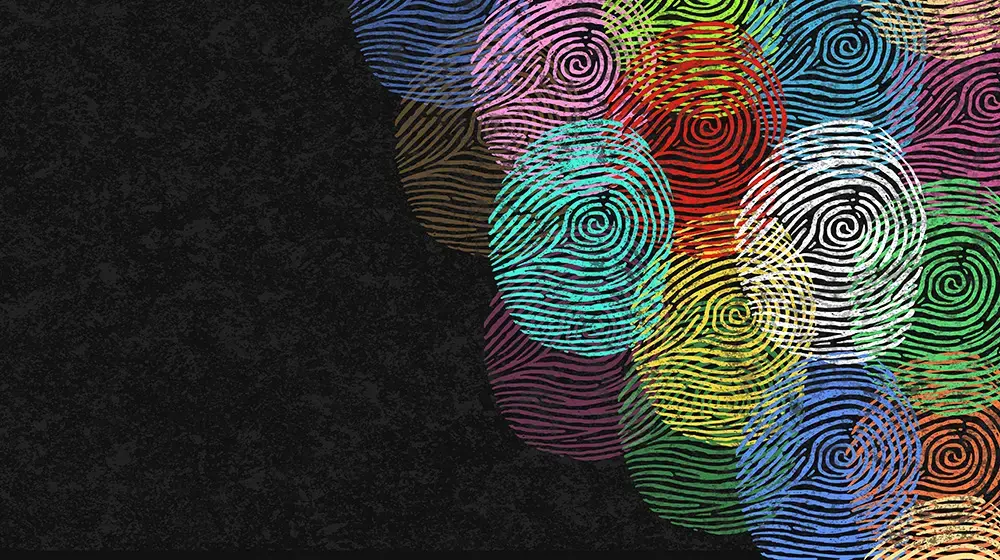Twenty months have passed since the major February 6 earthquakes. However, despite the recovery efforts on infrastructure of health, needs related to women's health and reproductive health continue to exist. The United Nations Population Fund (UNFPA) supports women in the region in the field of reproductive health with static and mobile teams in Hatay, one of the severely impacted provinces by the earthquake, in cooperation with the Association of Public Health Specialists (HASUDER) and the financial support of the US Government.
Hatay, Türkiye - The February 6 earthquakes caused disruptions in access to health, protection and education services in 11 provinces, especially in Hatay. Thousands of women and girls living in temporary settlements in the region continue to have difficulty in accessing information and services on women's health. UNFPA, in partnership with HASUDER in Hatay and with the financial support of the US Government, continues its services in the field of women's health with the support of mobile teams in order to reach every woman and girl in need.
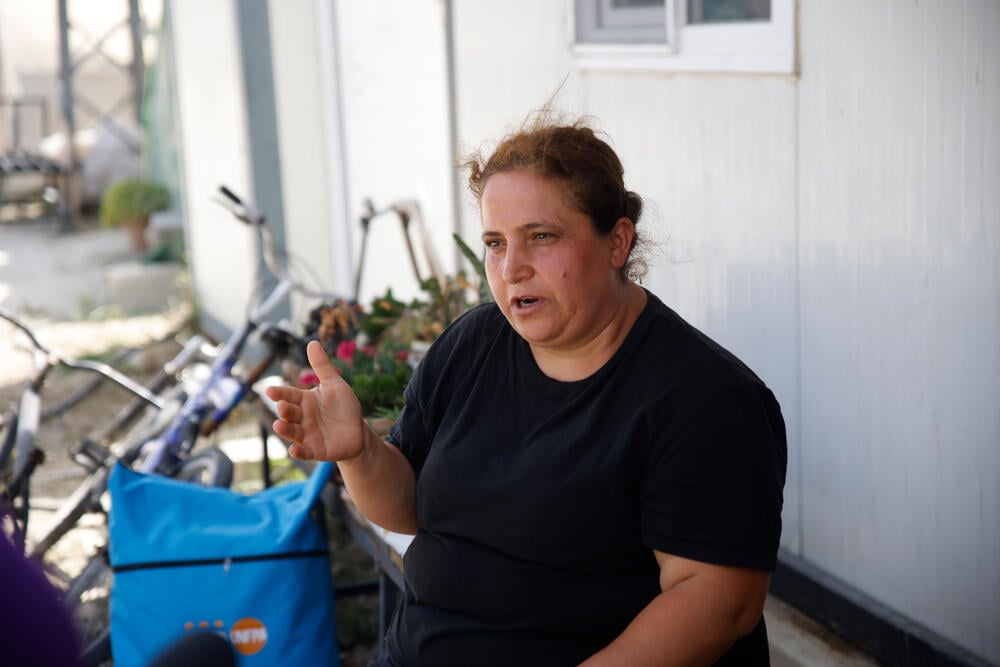
Gönül's story
Gönül welcomes us with her family, relatives and children in a container city right next to the olive groves associated with Hatay. The weather is very hot. The divan, placed in a small shadow area, is the meeting point for women and children in the settlement as a feature to get back to normal. “Transportation has improved a little, but we still don't go to the center often because Hatay we know doesn't exist anymore,” says Gönül (41).
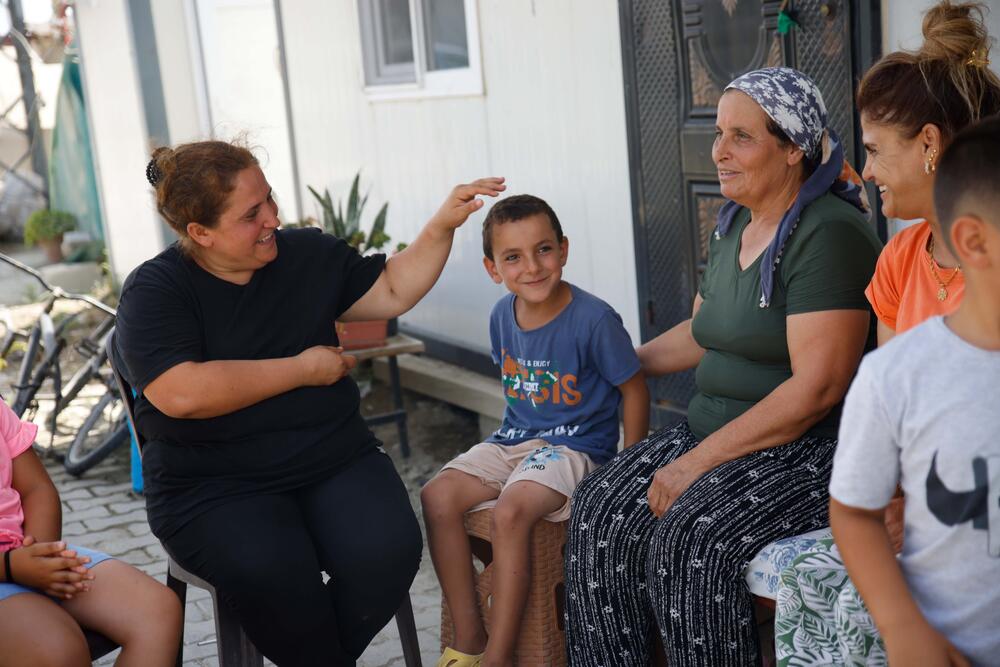
Gönül, who received physical examination on women's health, information on reproductive health, and a female dignity kit from our mobile team, says that she has become especially aware of women's health, that she will now regularly do her self- breast examination, and that she has learned a lot about sexually transmitted infections.
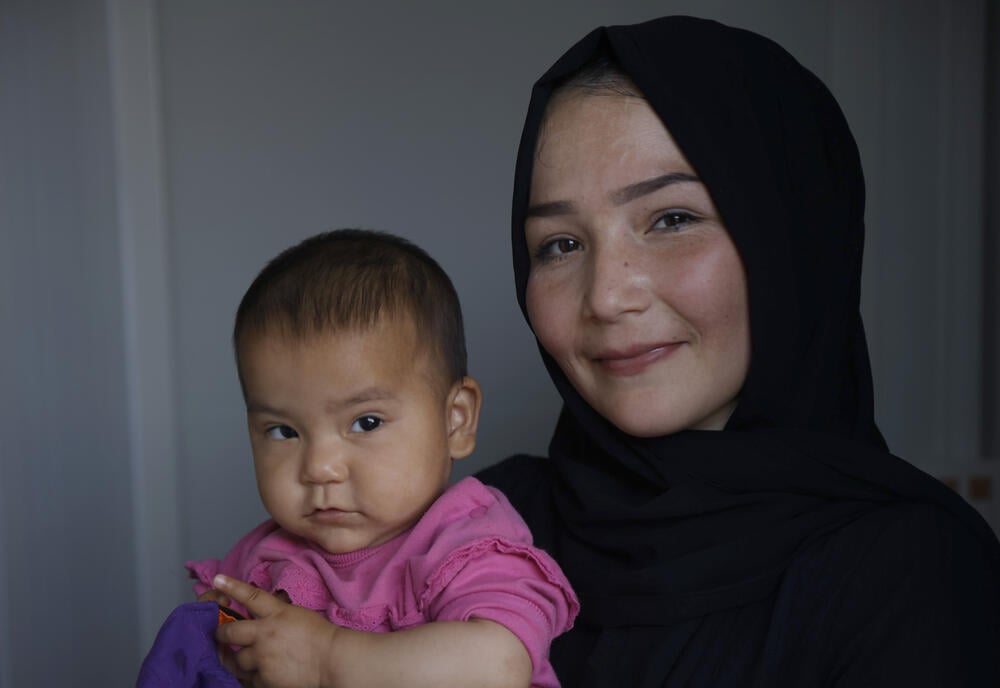
The story of Sara and her daughter Rina
We met Sara, a 24-year-old mother of two, and her children in a container city where refugees lived in Hatay. Sara, who was caught in the earthquake while she was pregnant with her second child, started her labor in the tent they were staying in. The young woman, who needed support both for her own and her baby's health after a difficult labor, met our teams in the container city where they were accommodating.
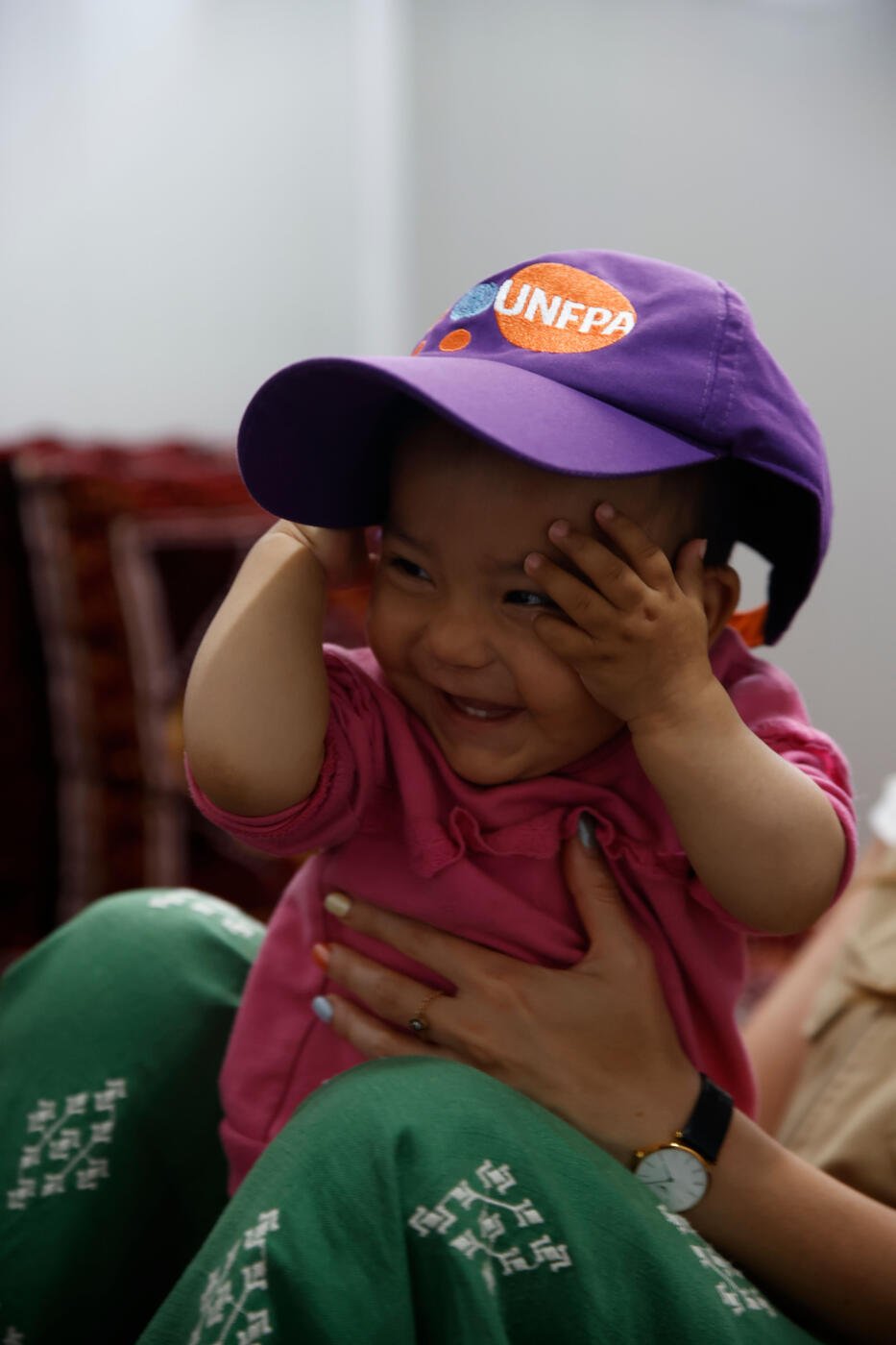
The young woman attended mother and baby health training, where she learned how to breastfeed her child and to examine herself, and acquired information about modern reproductive health methods. Sara, who had an intrauterine device inserted free of charge with the support of our team says, “I was unable to get an intrauterine device due to economic difficulties and ID card issues. They brought me to the hospital and took me back. They were very helpful, I was very happy,".
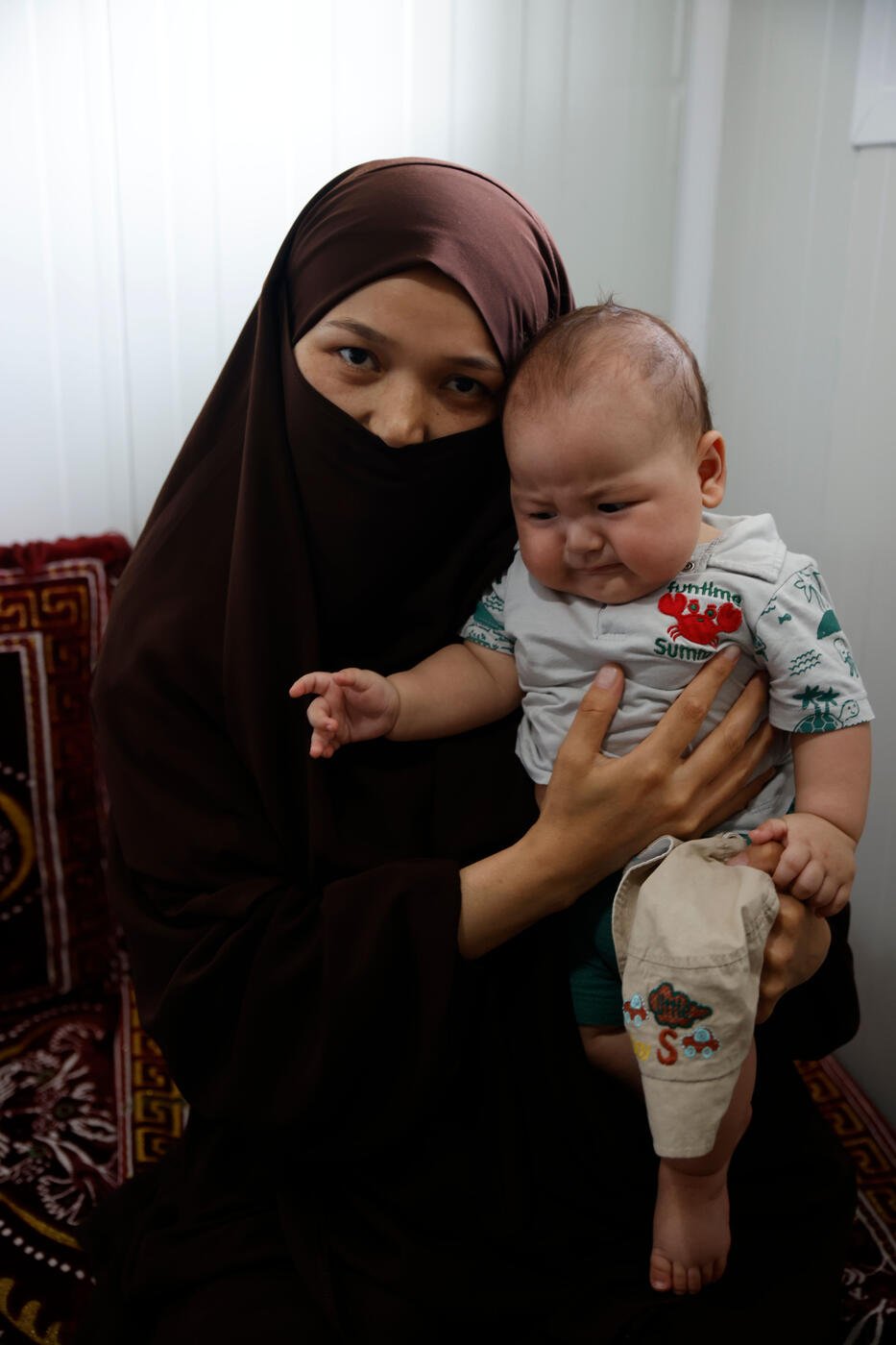
Story of Marziye Gubulam and her baby
Marziye, a 28-year-old mother of three who lives in the same settlement with Sara, explains that they lost many of their relatives in the earthquake and had a very difficult time. Marziye, who moved to the container city after living in a tent for the first 6 months, says that her teenage children were affected in particular and that she had difficulty in communicating with them and in breastfeeding her younger child.
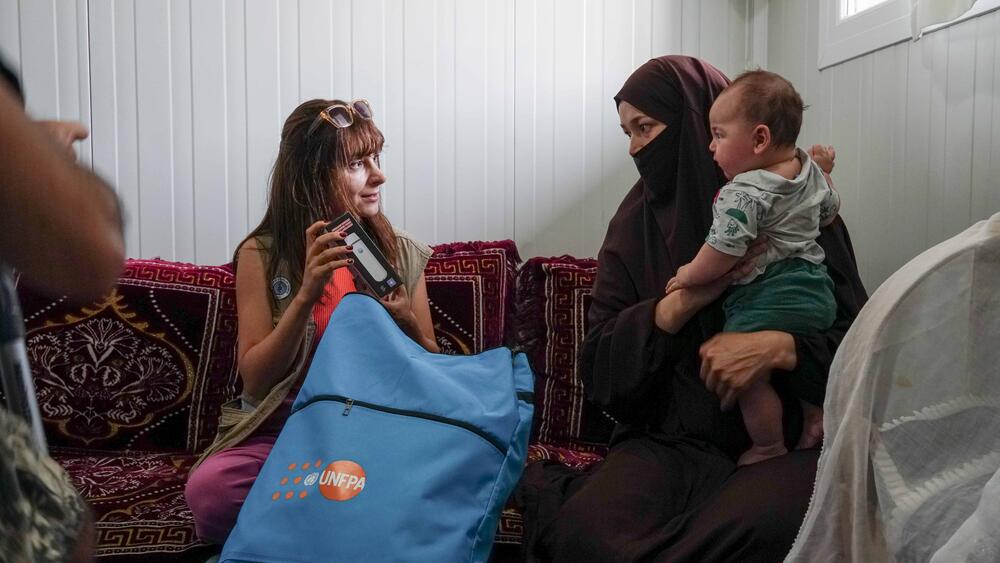
Marziye, who attended our mother and baby health training session in their container city says, "I learned how to take care of my teenage children, how to breastfeed my baby better, and how to protect my own health." Further, the young woman tells that she was also informed about reproductive health methods, and that she became stronger with the training she received from our mobile women's health teams.
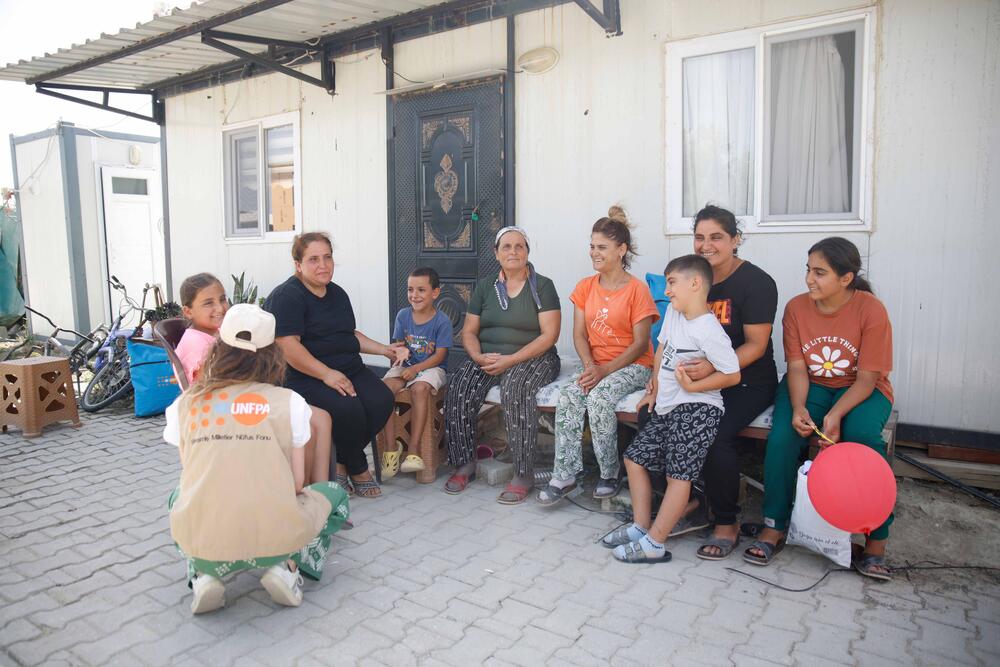
UNFPA has been on the ground since the first day after the earthquakes to increase access to information and services in women's health and protection. With the financial support of the US Government and in partnership with HASUDER, we continue our awareness efforts and service provision on women's health with both our static unit and mobile team in Hatay.

